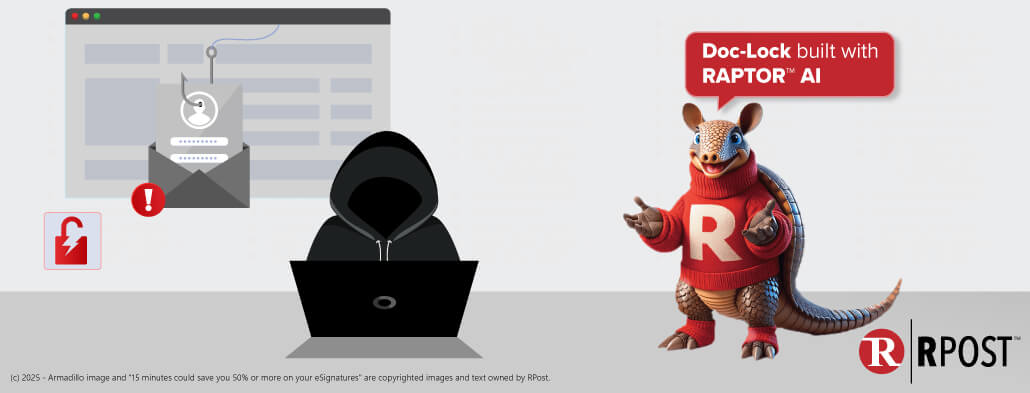
The Food and Drug Administration (FDA) has published guidance for compliance with specific regulations in 21 CFR Part 11. This guidance is intended to describe the FDA’s current thinking regarding the scope and application of part 11 of Title 21 of the Code of Federal Regulations; Electronic Records; Electronic Signatures (21 CFR Part 11).
RPost’s Registered Email™ service supports compliance with 21 CFR Part 11 with regard to preserving a time-stamped audit trail and archiving the content of documents submitted or signed electronically for FDA purposes.
In particular, preserving RPost’s Registered Email™ receipt associated with any document sent by email or electronically signed document automatically preserves a time-stamped audit trail and original content of the document (and email message body text content as well as electronic signature). This is preserved in the form of a Registered Receipt™ email record, which can be stored by the sender in any normal email box or email archive. This electronic “receipt” is self-contained, can be independently authenticated, and can re-construct an authenticated time-stamped original content in a human readable and standard electronic format.
One can then optionally elect to preserve the original message and documents as that information is preserved with the transmission audit trail, within the electronic receipt itself.
With regards to the FDA guidance on Part 11, “Electronic Records; Electronic Signatures,” the RPost Registered Email™ service simplifies compliance with at least the following requirements. In particular, if one is emailing documents to the FDA, RPost can automatically add authenticated electronic signatures and provide a record returned to the sender that complies with Part 11; the process is as easy as attaching a DOC or PDF to an email and sending (sending Registered).
2. Audit Trail: “…computer-generated, time-stamped audit trails (§ 11.10 (e), (k)(2) and any corresponding requirement in §11.30). Persons must still comply with all applicable predicate rule requirements related to documentation of, for example, date (e.g., § 58.130(e)), time, or sequencing of events, as well as any requirements for ensuring that changes to records do not obscure previous entries.”
3. Copies of Records: “…generating copies of records (§ 11.10 (b) and any corresponding requirement in §11.30)… We recommend that you supply copies of electronic records by: Producing copies of records held in common portable formats when records are maintained in these formats… In each case, we recommend that the copying process used produces copies that preserve the content and meaning of the record… You should allow inspection, review, and copying of records in a human readable form…”
Know More: Email Encryption Service
4. Record Retention: “…for the protection of records to enable their accurate and ready retrieval throughout the records retention period (§ 11.10 (c) and any corresponding requirement in §11.30). Persons must still comply with all applicable predicate rule requirements for record retention and availability (e.g., §§ 211.180(c),(d), 108.25(g), and 108.35(h)). …any copies of the required records should preserve their content and meaning. As long as predicate rule requirements are fully satisfied and the content and meaning of the records are preserved and archived, you can delete the electronic version of the records. In addition, paper and electronic record and signature components can co-exist (i.e., a hybrid8 situation) as long as predicate rule requirements are met and the content and meaning of those records are preserved.”
To sign up for a free trial of RPost’s Registered Email™ Service, which includes RPost’s electronic signature service, click here.
Find More: Secure Email Software
RPost does not provide legal opinions, legal guidance, or legal advice; you should not rely on the content of this article as a legal opinion, legal guidance, or as legal advice. We recommend that you consult your own counsel to evaluate your specific situation with regards to complex issues related to email and the law.

April 11, 2025

April 04, 2025

March 28, 2025

March 21, 2025

March 14, 2025